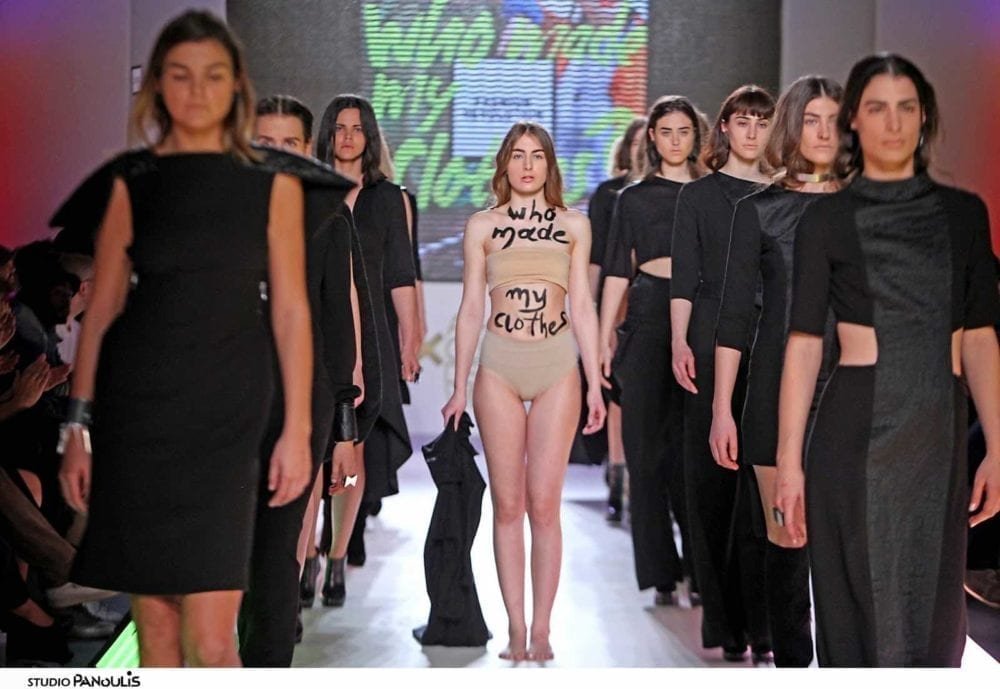Highest scorers
The research found that even the highest-scoring brands on the list still have a long way to go towards being transparent. The average score brands achieved was 49 out of 250 – less than 20% of the total possible points – and none of the companies on the list scored above 50%.
Adidas and Reebok achieved the highest score of 121.5 out of 250 (49% of the total possible points), followed by Marks & Spencer with 120 points and H&M with 119.5 points.
However, only eight brands scored higher than 40%, while a further nine scored 4% or less out of 250 possible points. Dior, Heilan Home and s.Oliver scored 0 because they disclose nothing at all.
Out of the premium and luxury brands reviewed, nine scored 21-30% of the total possible points, which was higher than the average. The other 10 scored 15% or less.
Disclosing suppliers
The good news is that 32 brands, including ASOS, Benetton, C&A, Esprit, Gap, Lululemon, Marks & Spencer, Uniqlo and VF Corporation brands, are publishing supplier lists. This is an increase from last year, when Fashion Revolution found only five of the 40 big fashion companies surveyed published supplier lists.
This year 14 brands are publishing processing facilities where their clothes are dyed, laundered, printed or treated. However, no brand is publishing its raw material suppliers.
Banana Republic, Gap and Old Navy scored highest on traceability (44%) because their supplier lists include detailed information such as types of product or service and approximate number of workers in each supplier facility.
Wage transparency
Few brands disclose efforts on living wages, collective bargaining and reducing consumption of resources (on average 9% of the information required in these categories was disclosed). This is a clear sign that brands must, as a matter of urgency, look at their own business models and purchasing practices.
There is a long way to go before the industry pays a living wage, as only 34 brands have made public commitments to paying living wages to workers in the supply chain.
Only four brands — H&M, Marks & Spencer, New Look and Puma — are reporting on progress towards achieving this aim, showing brands need to do much more – and faster – to ensure that workers, from farm to retail, are paid fairly.
Click here to read or download the Fashion Transparency Index 2017.
 Play Video about This Rock Might Just Save The World
Play Video about This Rock Might Just Save The World Play Video about Play 2 hours of rock
Play Video about Play 2 hours of rock Play Video about Play 2 hours of brook
Play Video about Play 2 hours of brook Play Video about Play 2 hours of sheep
Play Video about Play 2 hours of sheep











































